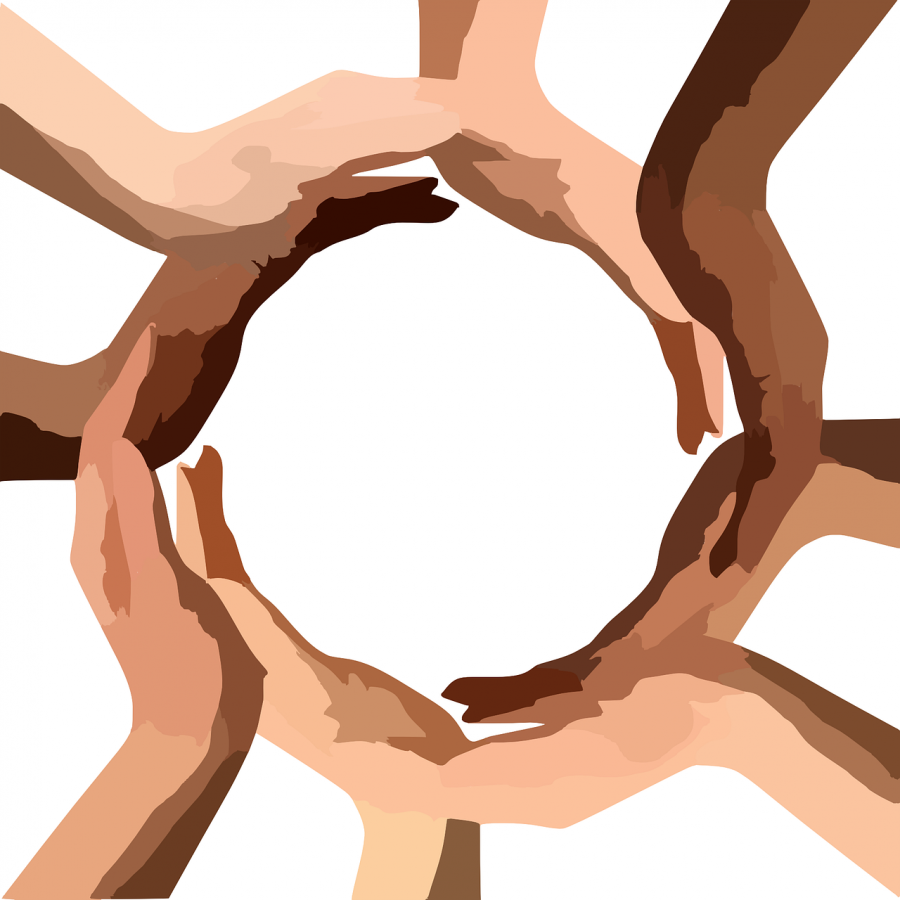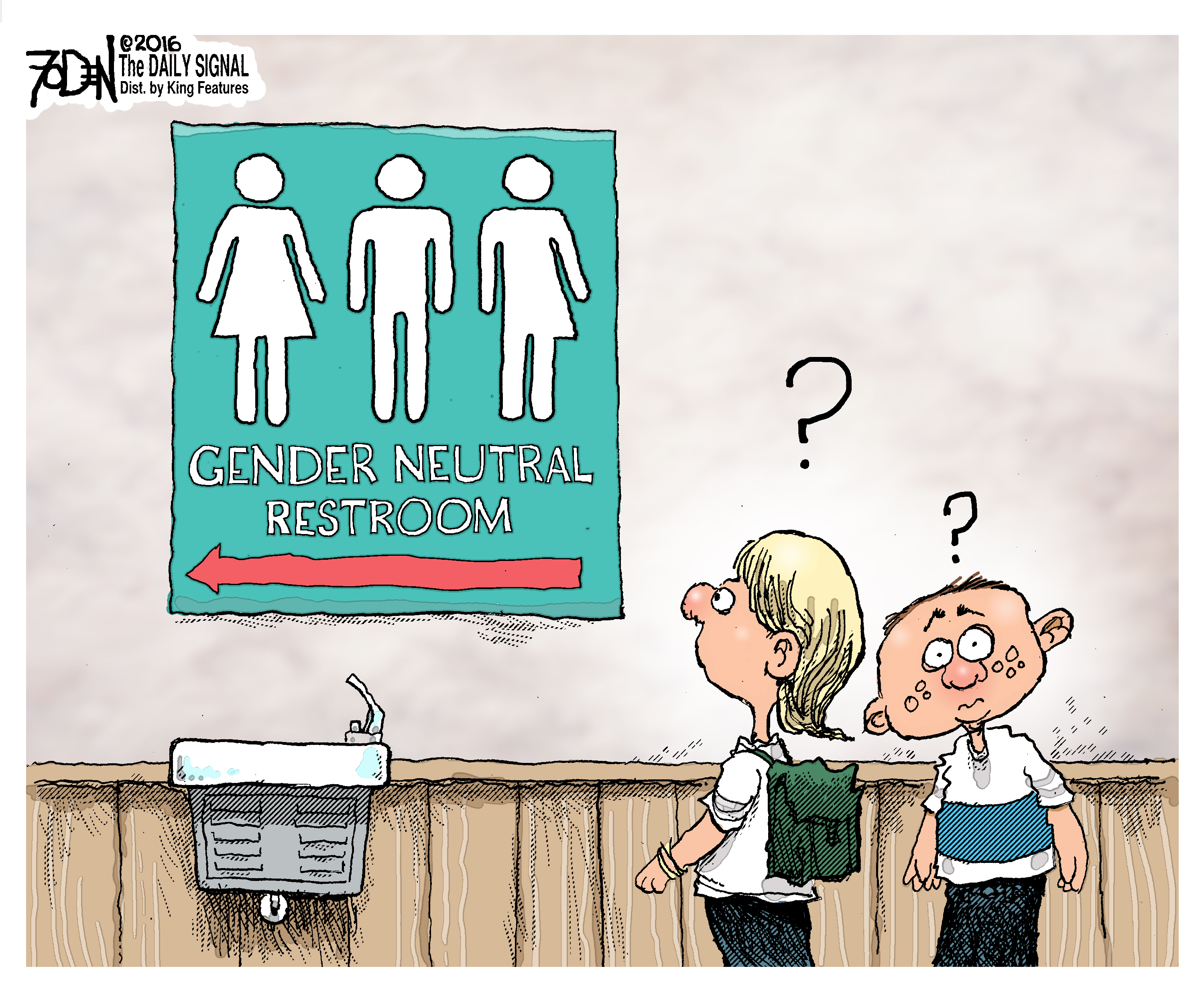The Academic and Social Value of Ethnic Studies
The article talks about a study where different groups consider their school and school curriculum. Minority group students, specifically Chicanos, feel that their history is not properly covered. Ethnic studies programs enable students to learn about Hispanic heritage while in school. For Chicano students, ethnic studies programs serve as a key incentive for them to go to school. They enjoy learning about their history and are more interested in school.
This connects to the video "Precious Knowledge" that we watched in class. The video shows students embracing their Ethnic Studies classes. It also shows government officials passing legislation to eradicate the programs. The people who are heading the movement to ban the programs are mostly white members of the Board of Education who feel that the program is teaching anti-American ideas. As a result, the Ethnic Studies Program in Tucson, Arizona, was shut down.
If there was no ethnic studies, Chicano and other BIPOC students are not engaged. Students are more enthusiastic about learning what is relevant to them. What is relevant is learning about their own culture. It's something they live every day, so learning about it at school makes it the most interesting subject to them. It's sad that legislation has been created to prohibit the class that encourages these students to attend school and learn.






